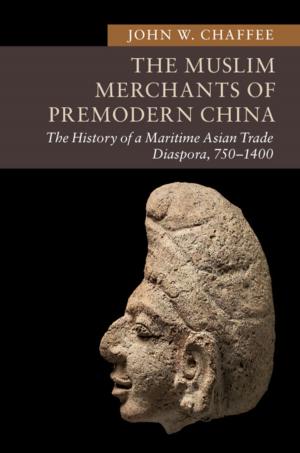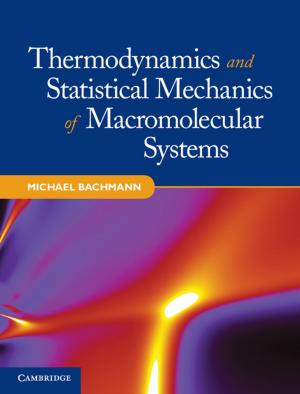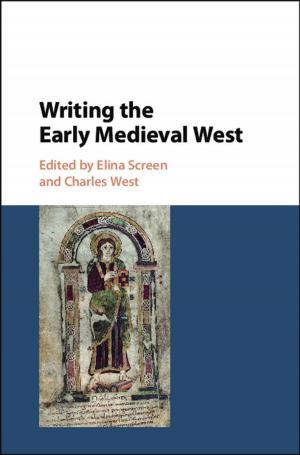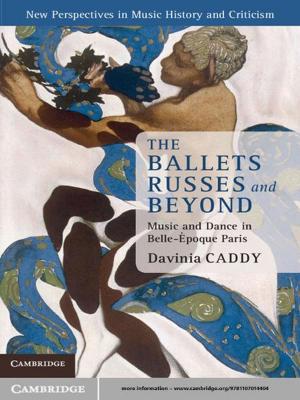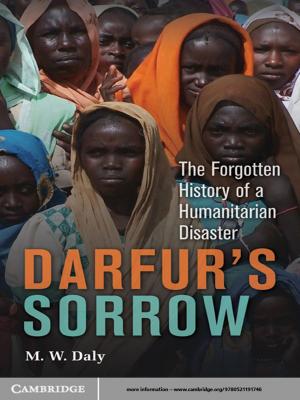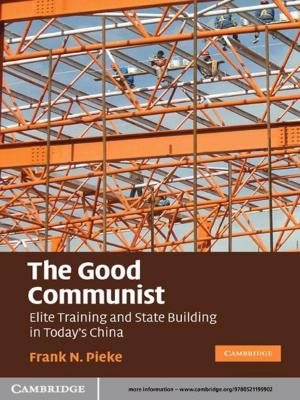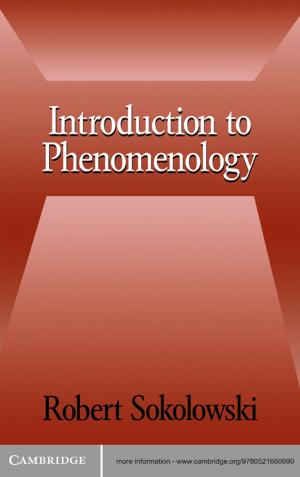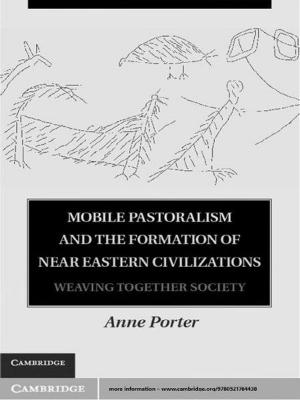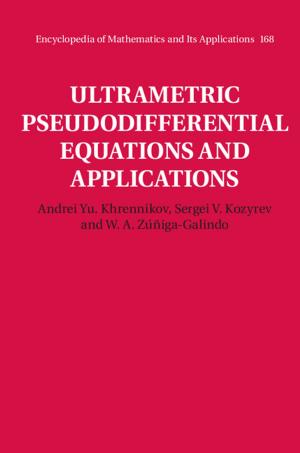The Making of Global International Relations
Origins and Evolution of IR at its Centenary
Nonfiction, Social & Cultural Studies, Political Science, International, International Relations, History| Author: | Amitav Acharya, Barry Buzan | ISBN: | 9781108570091 |
| Publisher: | Cambridge University Press | Publication: | February 14, 2019 |
| Imprint: | Cambridge University Press | Language: | English |
| Author: | Amitav Acharya, Barry Buzan |
| ISBN: | 9781108570091 |
| Publisher: | Cambridge University Press |
| Publication: | February 14, 2019 |
| Imprint: | Cambridge University Press |
| Language: | English |
This book presents a challenge to the discipline of international relations (IR) to rethink itself, in the light of both its own modern origins, and the two centuries of world history that have shaped it. By tracking the development of thinking about IR, and the practice of world politics, this book shows how they relate to each other across five time periods from nineteenth-century colonialism, through two world wars, the Cold War and decolonization, to twenty-first-century globalization. It gives equal weight to both the neglected voices and histories of the Global South, and the traditionally dominant perspectives of the West, showing how they have moved from nearly complete separation to the beginnings of significant integration. The authors argue that IR needs to continue this globalizing movement if it is to cope with the rapidly emerging post-Western world order, with its more diffuse distribution of wealth, power and cultural authority.
This book presents a challenge to the discipline of international relations (IR) to rethink itself, in the light of both its own modern origins, and the two centuries of world history that have shaped it. By tracking the development of thinking about IR, and the practice of world politics, this book shows how they relate to each other across five time periods from nineteenth-century colonialism, through two world wars, the Cold War and decolonization, to twenty-first-century globalization. It gives equal weight to both the neglected voices and histories of the Global South, and the traditionally dominant perspectives of the West, showing how they have moved from nearly complete separation to the beginnings of significant integration. The authors argue that IR needs to continue this globalizing movement if it is to cope with the rapidly emerging post-Western world order, with its more diffuse distribution of wealth, power and cultural authority.

